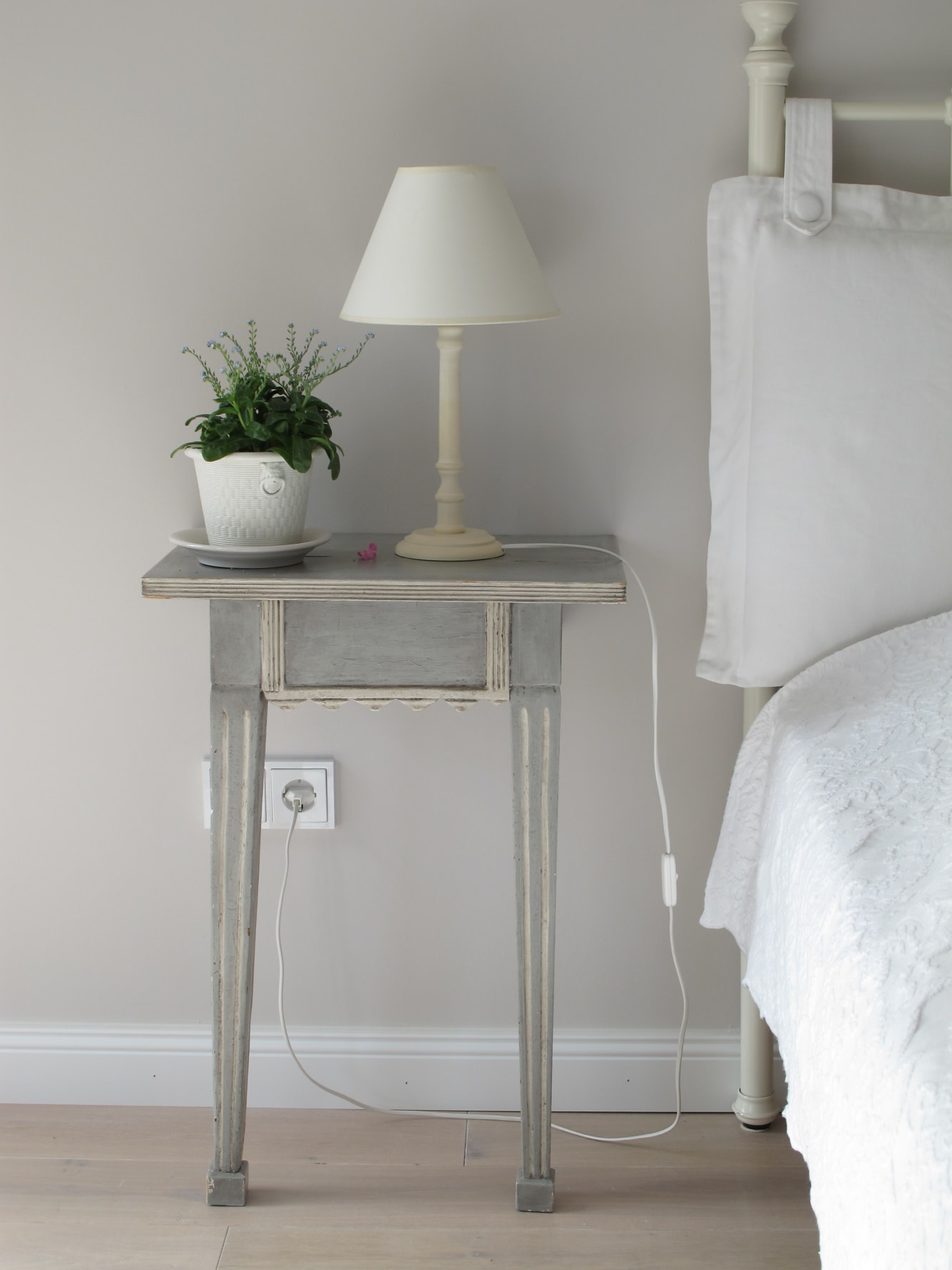A common factor affecting sleep quality, is your pre-bed routine. If you frequently have insomnia or hard time sleeping, an established bedtime routine can help you enjoy better sleep. As we are creatures of habit, it is important to perform the same activities in the same sequence nightly, so that the brain can recognize when it is time for shuteye. Here are 12 effective bedtime tips you should do in the evening that will set you up for successful sleep, and a successful morning!
1. Evening Cleansing and Skincare Routine

Photo by Audrey Fretz on Unsplash
Got a skincare routine? Time out how long it usually takes for you to complete the entire regimen. One of the most common excuses for not cleansing nightly is being too exhausted. Did you know that you do not need to wait until right before bed? Starting your evening skincare routine at 7-8pm will make you less likely to skip it. Be sure to try and implement this routine at the same time every day. You might even consider setting an alarm at that time and set it on “repeat” daily to begin washing!
2. Check the weather

Photo by Lloyd Dirks on Unsplash
Go to bed and wakeup with a good sense of what to expect in the morning. Ie. If the weather network forewarns of some freezing rain or snowfall, you can prepare yourself by waking up earlier to warm up your car, or to clean off the snow from your car’s roof.
3. Upcoming Schedule

Similarly, take a glance at tomorrow’s schedule so that nothing comes by surprise. This can help you set expectations for the day, while also helping you better prioritize and plan out your activities. With that said, don’t forget to set your alarm!
4. Layout tomorrow’s outfit

Photo by Alexandra Gorn on Unsplash
Mornings are hectic already. So why not have one less thing to think about?
5. Do Not Disturb

Photo by Morgan Housel on Unsplash
Is your phone constantly going off and waking you up throughout the night? You can activate “Do Not Disturb” to recur daily (ie. 9pm – 6am), and your phone will automatically be silenced throughout that timeframe. Once past, your regular ringer and notifications volume will automatically resume. Or, you can also just shut off your phone completely.
6. Whitelisting Contacts

This follows up on our last point about setting your phone on DND. If you have important calls that you can’t miss, you can consider “whitelisting” these contacts in your phone. With proper configuration, this feature should override the “Do Not Disturb” status, and phone calls from the whitelisted individuals can still come in as usual.
7. Diet Before Bedtime

Photo by Tamas Pap on Unsplash
Your last large meal should be two to three hours before bedtime. If you can’t hold off on those snacks, you should go for foods that help promote sleep. A small, nutrient-dense and low-energy food can be just the right thing!
8. Drinking Before Bedtime

Photo by engin akyurt on Unsplash
Following up with our last point, make sure to keep your beverages in check too! Have you met your daily water goal yet? If not, this could be a good time to get some in. Try to stay away from carbonated pops, sweet drinks, and other caffeine loaded beverages. This can make it hard to fall asleep, and the sugar can affect your ability to stay asleep.
9. Stretching

Photo by Akemy Mory on Unsplash
Stretching can help reduce discomfort during sleep, while also relaxing your body and mind. Additionally, it can help you rejuvenate your body during sleep. Avoid vigorous or strenuous physical exercises that may raise your heart rate, making it difficult to fall asleep.
10. Light and Easy “Brain” Work

Photo by Zac Durant on Unsplash
You’ve worked hard today, and now it’s time for yourself to acknowledge and appreciate those efforts. Why not spoil yourself with a pat on the back and recognition from all of your efforts today? Or, how about repeating a mantra to yourself, or visualizing something of positivity? You can even opt for some meditation too!
11. Reading

Photo by Matias North on Unsplash
Similarly to stretching, reading is another great way to promote muscle relaxation, while also slowing down your breathing which can help you fall asleep easier. Studies have also shown that reading can help with improve memory, deeper critical thinking skills, and better physical health.
12. Journaling

Photo by Aaron Burden on Unsplash
Feeling creative, or just have something on your mind? Journaling is another great way to finally put your day to bed. It provides a great outlet for emotions and thoughts that may otherwise keep you awake at night.
